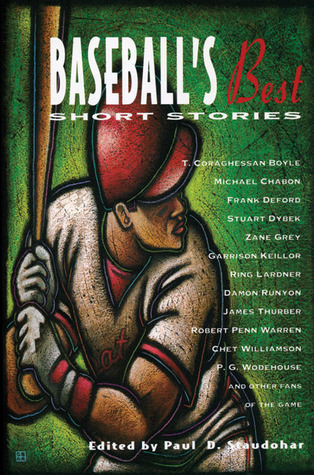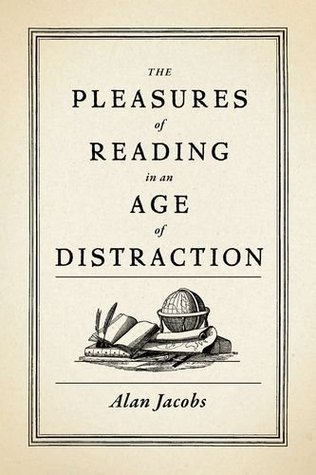7♣ 7♣ 7♣ 7♣ 7♣ 7♣ 7♣ 7♣
She sat chewing, looking at the television. What was that look in her eyes now? Why did he want to call it wickedness? Because it was blank and hateful. Because there was no light. Eyes should have light. There should be something behind them. That was dangerous, nothing behind her eyes but hate. Sullen like a bull kept from a cow.
Mary Gordon’s short story “Mrs. Cassidy’s Last Year” is the second story I’ve read this year involving Alzheimer’s Disease. The first one was Alice Munro’s “The Bear Came Over the Mountain” which I read in March. While most readers (including myself) would consider Munro’s to be the better written story, Gordon’s comes from a slightly different perspective which makes it just as intriguing.

Mr. Cassidy, in his old age, deals with a wife who’s personality has drastically changed. She constantly swears at him and becomes violent; however, decades ago, he promised – at her request- to let her die in her own bed, to never let “them” take her away. Mr. Cassidy wants to honor his promise much to the dismay of his son who accuses his father of “playing God”.
“Mrs. Cassidy’s Last Year” has no resolution which makes me think more of Munro’s story. “The Bear Came Over the Mountain” actually has a resolution and it’s a surprisingly happy one given the topic. I find the comparison interesting.
I read “Mrs. Cassidy’s Last Year” this week when I selected the Seven of Clubs for Week 31 of my Deal Me In 2016 short story project. It’s included in my copy of The Best American Catholic Short Stories edited by Daniel McVeigh and Patricia Schnapp. My Deal Me In 2016 list can be found here. Deal Me In is sponsored by Jay at Bibliophilopolis.





